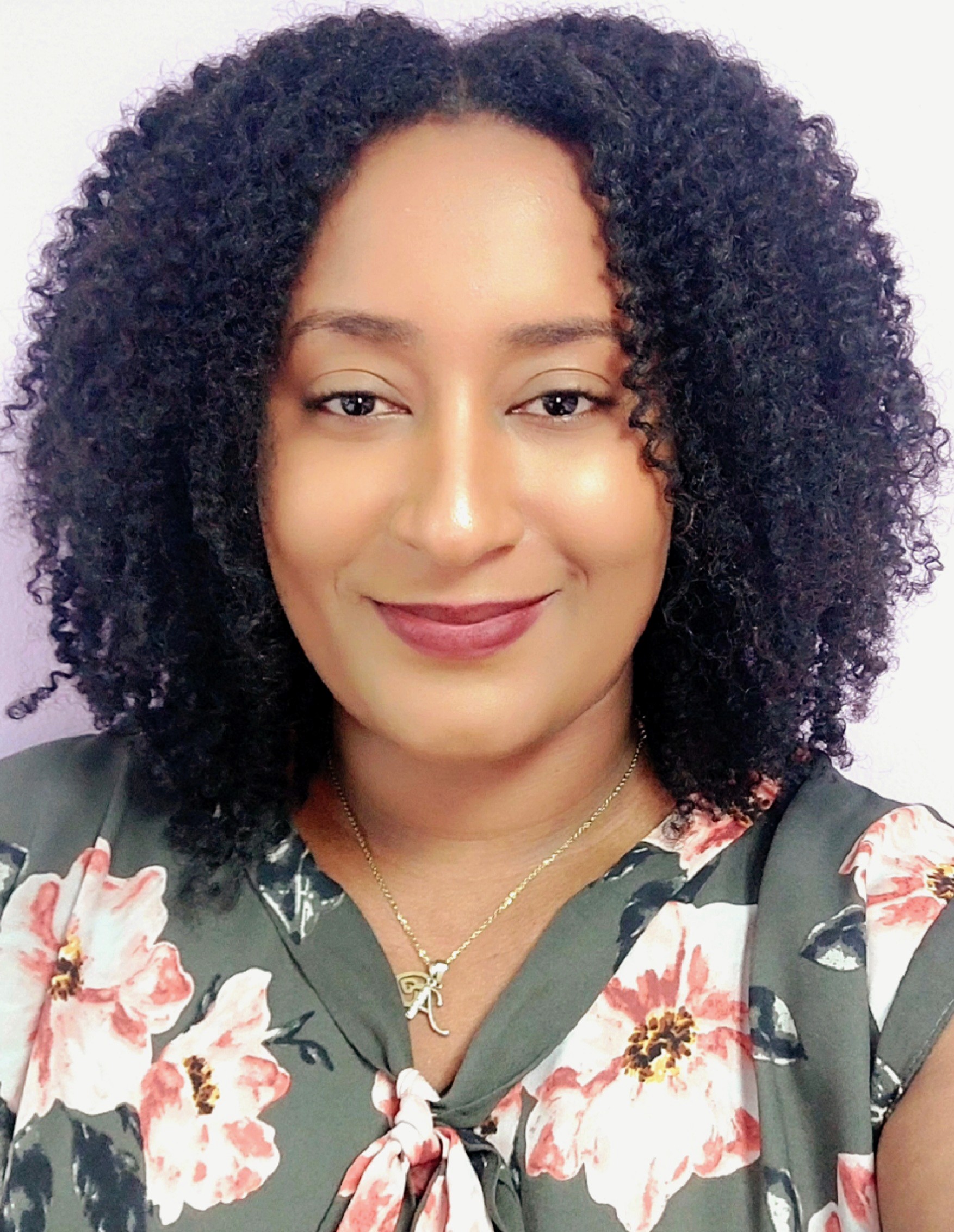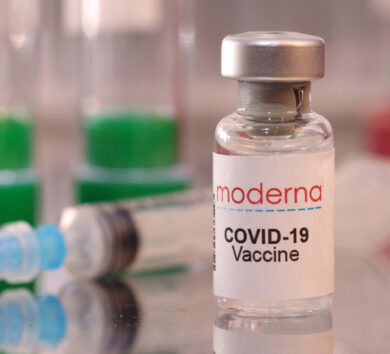

September is here, and with it comes Alopecia Awareness, an annual initiative aimed at highlighting the challenges of hair loss and promoting understanding and support for those affected.
Alopecia is a condition affecting around 2 per cent of the Jamaican population. This month, it’s all about raising awareness and driving home the message that hair loss doesn’t mean loss of confidence or joy.
Alopecia, which causes unpredictable hair loss, can be a real confidence killer, but recent advancements are giving hope to many. Many doctors and specialists share an understanding that alopecia is the first step towards effective treatment and have seen a significant shift in both treatment options.
Let’s start with a hard fact — there is no cure.
Now, let’s get into the treatment options that may help with the symptoms of Alopecia.

JAK inhibitors
One of the most exciting developments is the emergence of JAK inhibitors.
They work by targeting the immune system to reduce inflammation and promote hair regrowth. Clinical trials have shown a success rate of about 60 per cent for significant hair regrowth in severe cases. This is a game-changer compared to previous treatments. This high success rate has ignited hope in those who have struggled with traditional therapies.
Corticosteroids
Another great option with reasonable results.
Applied directly to the scalp or affected areas to reduce inflammation and suppress the immune response that contributes to hair loss. This can be in the form of creams, ointments, or injections. Your dermatologist should give you injections every 4-6 weeks.
Topical Immunotherapy
This treatment involves applying chemicals like diphencyprone (DPCP) to the scalp to induce an allergic reaction, which can help stimulate hair regrowth in some people with alopecia areata.

Light and Laser Therapy
A little pain for potentially great results. Lasers are used to stimulate hair follicles and promote hair growth. It’s a non-invasive treatment that can be used at home or in a clinical setting, but can be costly and will require multiple visits.
Follicular Unit Transplantation (FUT): A surgical procedure where hair follicles are taken from a donor site on the scalp and transplanted to the thinning or balding areas.
Follicular Unit Extraction (FUE): A less invasive surgical method where individual hair follicles are removed and transplanted. This technique leaves minimal scarring and requires a shorter recovery time compared to FUT.
Natural Remedies
Some people explore alternative treatments like essential oils (e.g., rosemary or peppermint oil), though scientific evidence supporting their efficacy is limited. It’s still worth adding to your regimen as they are still beneficial to your skin.
But it’s not just about popping pills and getting poked and prodded. Emotional and psychological support play an important role.
According to the National Alopecia Areata Foundation (NAAF), combining medical treatment with emotional support can drastically improve overall well-being. This comprehensive approach addresses both the physical and emotional toll of alopecia, making it clear that support networks and counselling are key components of effective management.

Celebrities like actresses Jada Pinkett Smith and Viola Davis have shared their journeys with alopecia. Pinkett has been the most vocal on her Red Table Talk show about the condition, even doing whole interviews focused on hair loss and her struggles with it.
“And I’ll tell you it was terrifying when it first started. I was in the shower one day and then just handfuls of hair, just in my hands, and I was like: ‘Oh my God, am I going bald?’ It was one of those times in my life when I was literally shaking with fear.” said Pinkett.
She then explained how she gained perspective when she compared her hair loss to those who have life harder than her.
“People are out here with cancer, with sick children… I watch the higher power take things every day and if the higher power wants to take my hair? That’s it? God, you want my hair?
“When I looked at it from that perspective it did settle me,” she added.
As we start Alopecia Awareness Month, let’s continue to champion this cause beyond September, and advocate for more research and viable treatment options. By doing this, we will be doing our part in ensuring that everyone affected by alopecia feels supported in their journey back to confidence and better health.







Comments